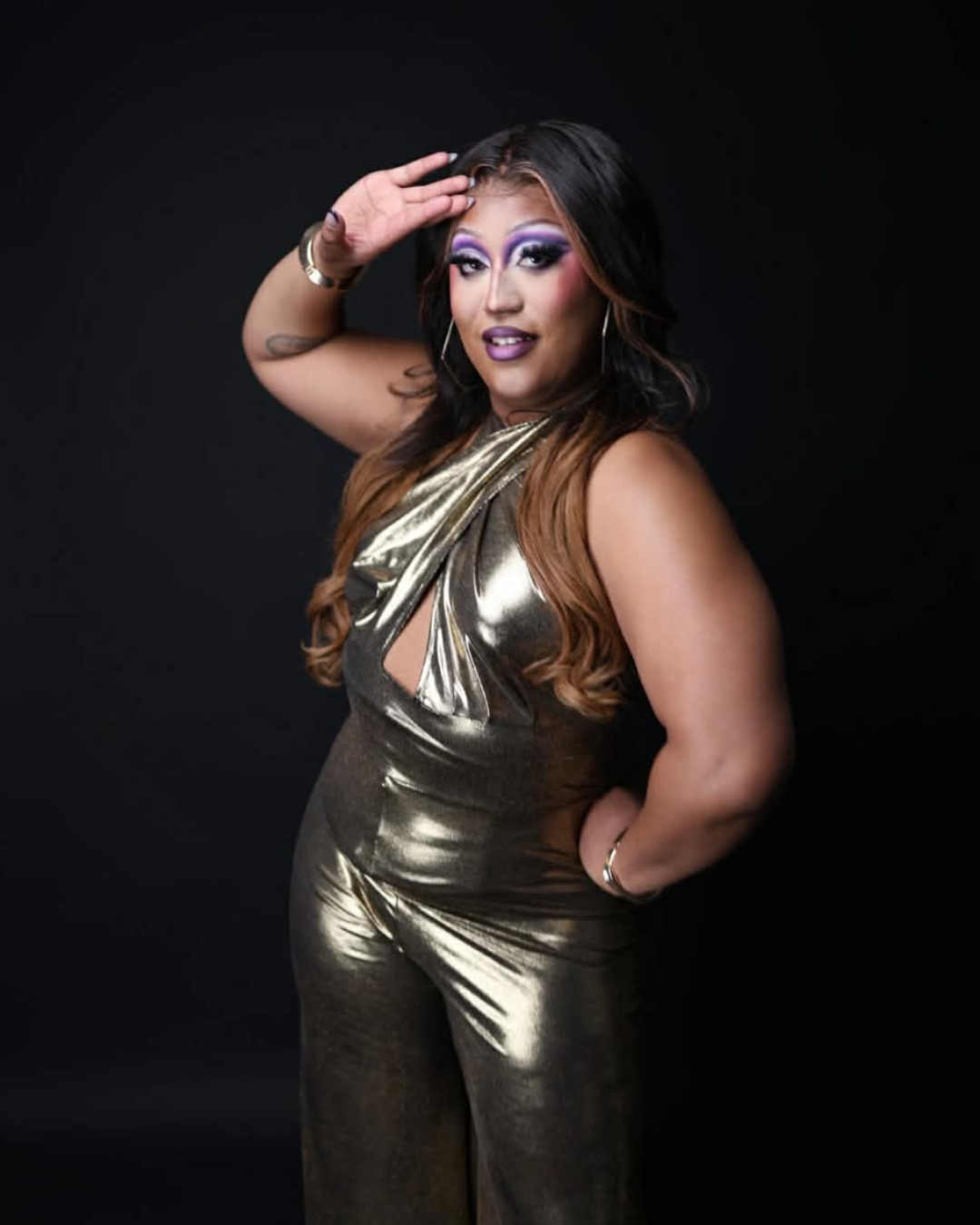Keep Calm and Marry On: The State of Marriage Equality in the United States

Keep Calm and Marry On: The State of Marriage Equality in the United States
One of my best friends recently married her wife in the courthouse after getting engaged a week before. When I asked what the rush was, she said, “We just don’t know what’s going to happen, so we wanted to be sure we could be together like this.” I understood her fear: executive orders from the Presidential Administration have attempted to limit LGBTQIA+ rights and Kim Davis is back in the news, requesting the Supreme Court to reconsider Obergefell v. Hodges, the decision that established the right to marry in the United States. With such a hostile federal administration, it can feel like the rights we’ve fought so hard for are being washed away like sand on the beach with every wave.
What does the law currently say/What protections are already in place?
But here’s the truth: the law is stronger than sand and can’t be washed away in just a few months. On the federal level, there are multiple levels of protection for same-sex marriage. In addition to the Obergefell decision, a previous decision (U.S. v. Windsor) prevents the government from limiting federal recognition and benefits of marriage to heterosexual couples only. After these decisions, Congress passed a bill called the “Respect for Marriage Act” (RMA) that cements the rights of married people, regardless of the gender identity of the spouses. The RMA means that if you get married in the United States or internationally, the U.S. government must respect and recognize your marriage.
What about Colorado law?
Before the Obergefell decision, the state constitution of Colorado had a provision that marriage is only recognized when it is between “one man and one woman.” After Obergefell, that provision couldn’t be enforced, because the Supreme Court said that such restrictions violate the United States Constitution, which has the final say over state constitutions.
This year, though, Governor Polis signed SB25-014, which eliminated that provision in the Colorado Constitution, meaning a ban on same-sex marriage is not only against Federal law (because of Obergefell and the RMA), but it is also unconstitutional in Colorado. If someone wanted to bring a ban on same-sex marriage now, they would have to try to amend the Colorado constitution again–and that’s not an easy task.
What about the SCOTUS petition everyone is talking about?
Kim Davis has only submitted a cert petition, which means she has only requested that the Supreme Court hear her case. The Supreme Court only grants 1% of all cert petitions. So, the chances she’ll be heard at all are pretty low. And if the petition is granted, it’s still unlikely that the Court will even touch Obergefell (even though it’s what the news is focusing on right now). She’s only asking the Court about what kind of “damages” she can be held responsible for, such as whether she will need to pay the people she harmed for the emotional anguish she caused, in addition to the original amount of money they sued her for. This means the Court will probably not consider the laws about marriage equality at all, because her question isn’t about those laws; her question is just about money. If you want to read more about that, read this article from SCOTUS Blog.
But, what if something does happen? The first thing to remember is that our movement is rooted in a lineage bigger than this present moment. We have the wisdom from movements and activists that have come before us to lean on, we’ve got us. We will continue coming together to work towards a country where everyone has equal rights, regardless of their sexuality, race, or gender.
I’m still nervous, is there anything I can do in the meantime?
We can’t give you legal advice, but other organizations can. GLAD Law has published this FAQ about LGBTQIA+ Marriage and Families that gives you great resources about what you can do to protect yourself, your spouse, and your children in the event something goes wrong. Glad’s primary suggestion is to double check that all of your estate planning documents are in order.
Estate planning documents make it clear who has the right to make decisions for your family and how your assets are distributed among your family. Every single couple should have estate planning documents, not just LGBTQIA+ families, but they can help give you a sense of stability and protection in what can feel like an unstable moment in history.
Please refer to the full FAQ from Glad Law for more information, but here are some of the documents they recommend you complete:
- Power of Attorney: A legal document that gives your spouse (or another person of your choosing) to make financial decisions for you and on your behalf in case you are unable to do so.
- Health Care Proxy: This legal document can empower your spouse (or another person of your choosing) to make health care decisions on your behalf in case you are unable to do so. This document can also authorize your spouse to access your medical information and to visit you in the hospital.
- Advance Directive: A legal document that records your wishes regarding medical care in advance, in case you become unable to make or communicate your decisions. For transgender people, you may include in this document your wishes regarding healthcare issues that specifically involve your transition.
- Will: A legal document where you describe what you would like to happen to your property if you were to pass away.
Taking care of your family can look different for everyone, and these documents might help you feel settled and secure in your legal rights! What’s most important to remember, though, is that there’s nothing immediately threatening your right to be married, and staying calm can help you see through the headlines that are only trying to scare you instead of inform you.
And as always, you are not alone!
One Colorado is just one of so many people and organizations fighting to make sure our rights are protected, and we are so grateful to have your support and community. There is only one way to go, and that is together!




